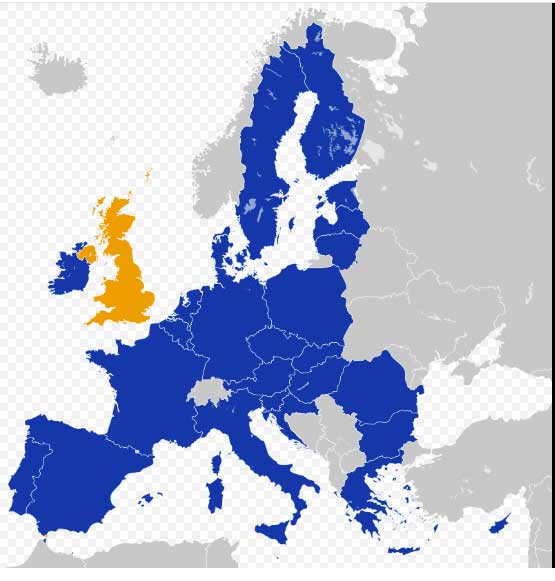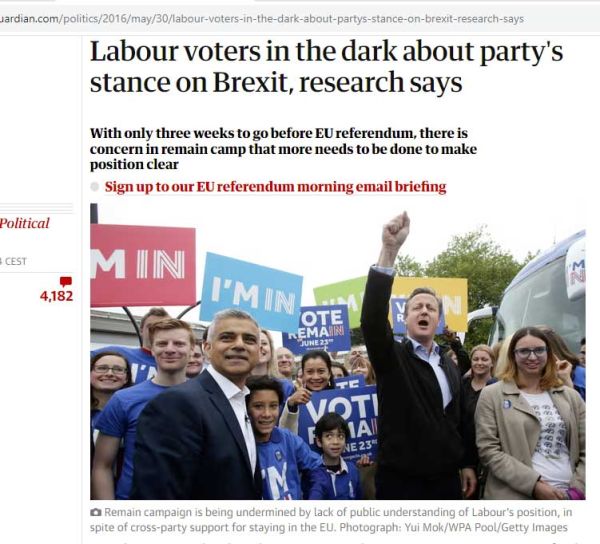America and Brexit
Great Britain's withdrawal from the European Union--known widely as "Brexit''--occured not quite four years ago, 31st January 2020--beating the onset of Britain's Covid Lockdown by only a month and a half. Among other things, the Lockdown delayed Britain's effort to disentangle its association with the EU, and allowed the lingering protests over the Brexit decision to create a problematic aftermath.
Britain's departure grew out of several concerns, principally the perception that Britain's sense of direction had parted ways with the EU government in Brussels, principally on the issue of the mass immigration from the Third World, and the perception of Brussels's left-wing stance on other issues. It works against British policy-making and intention, as well as Britain's traditional role as power-counterweight in European affairs.
Also, the latest wave of immigrants has pushed up housing prices in a nation that has already seen steady immigration since World War II. So many of them non-English speakers, so more bureaucratic hassle to include them, and the inevitable cultural clashes with embattled natives of the country, makes me wonder why Brussels could mandate open-borders in the first place.
That Conservatives oppose the Brussels policy-impress does not surprise me, but observers note that many Labour Party members voted for Brexit. More immigration means more people competing for the same jobs, and willing to take less pay to get them. The clashing religions of Islam and Hinduism are bound to clash with the Western value-system.
As time has passed and the memory of the spark in the Brexit movement has dimmed, second-guessers have arrived in droves to tell everyone that Brexit was a mistake; but if Britain held another vote, the spark would heat up again and lead to a confirmation of Brexit's original intention. Working-class Germans and Dutch have taken note of Britain's withdrawal and have started pressuring their own governments to pursue EU exits for their countries.
Embattled Americans should take note of the significance of Brexit in determining their own future together. The EU members consider Europe as "The United States of Europe," after all. The EU member-states subordinate themselves to the European national government in Brussels, rather like the U.S. No one in America wants to act volitionally to resolve the disunity in our nation; but note that European nations are already reconsidering theirs.
Human nature being what it is, the competing political forces who represent the individual member states in America and Europe seek to steer Europe their way. They try to subordinate rival states to their intentions. After an election, the losing side has to reevaluate its relationship with the winning side, in order to determine how long they can endure the subtle coercion that results from its subordinated status.
Once Americans realize how like Europe their own set-up is, maybe they will start talking about their own exit from political conflict, enmity, and disunity. They need to gain for their member states a coherent sense of direction. They will find that the two new nations go their own directions from the get-go, and that their oppositional policy initiatives will not conflict.





